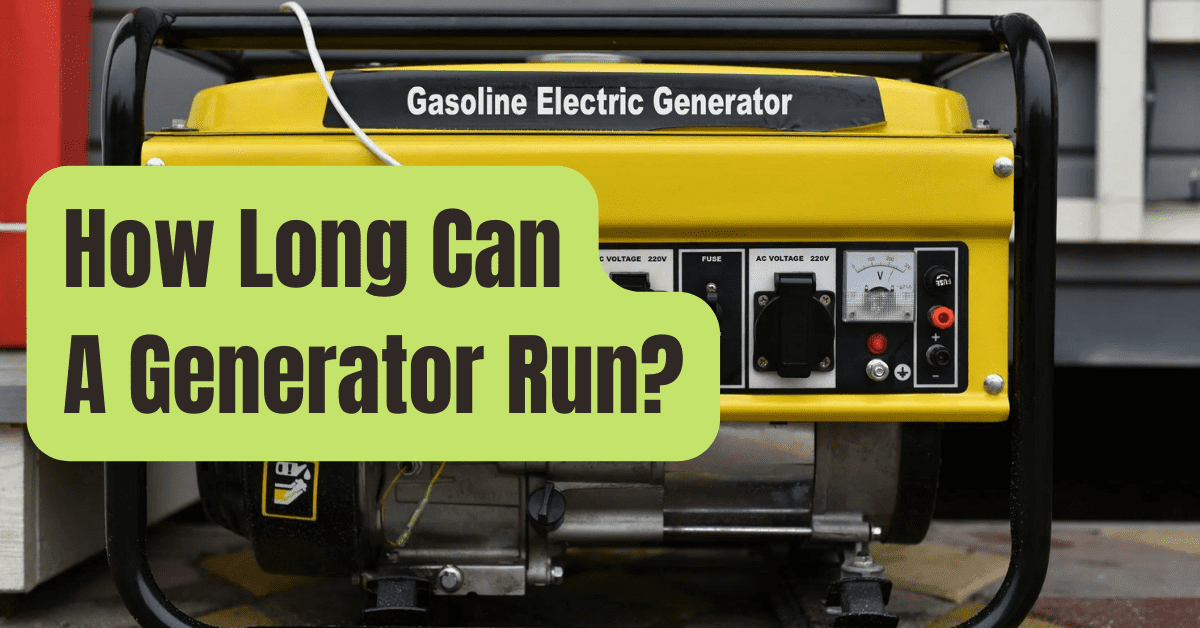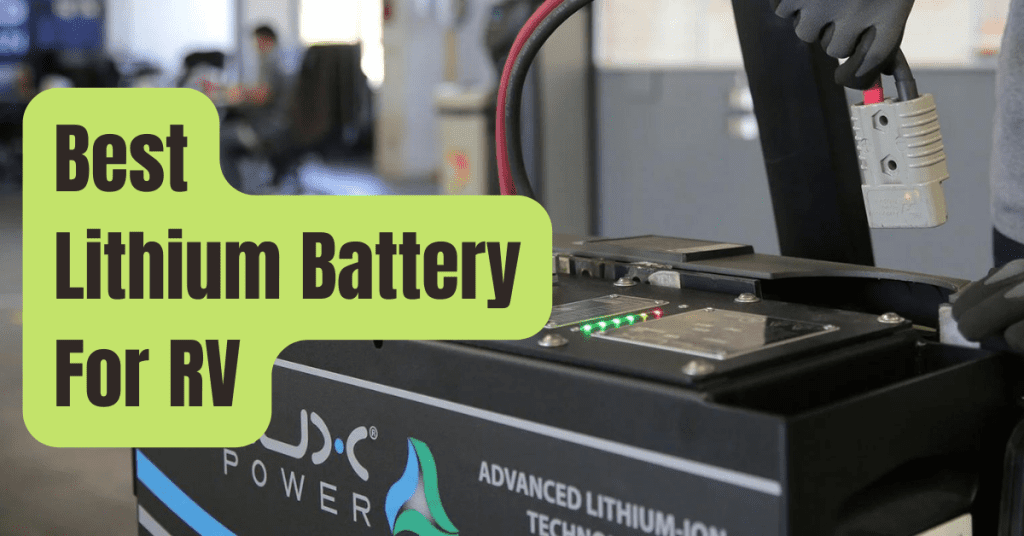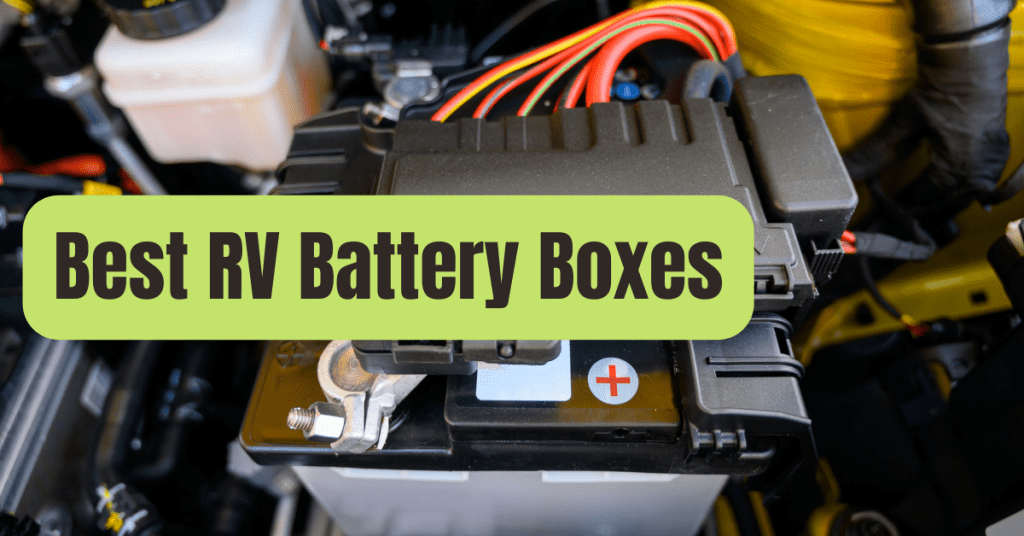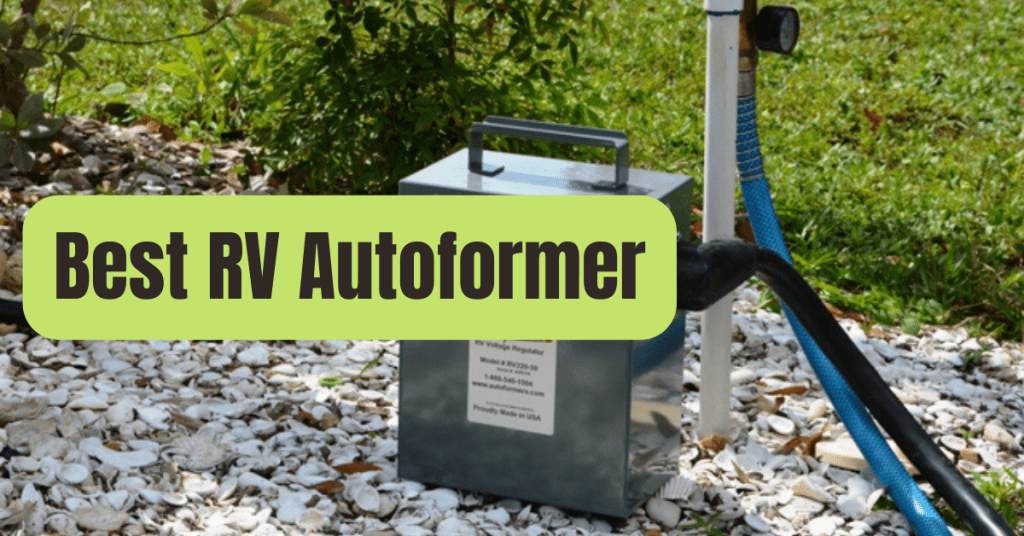You’ll want to know how long you can operate a generator before the lights go out if you’re counting on it to get through a long-term power outage.
It’s difficult to live without a high-quality home generator once you’ve experienced their advantages.
Our electrical infrastructure in Northern Ontario, Canada, seems to be less dependable than it previously was, with at least a few power outages each year becoming the norm.
Fortunately, we can keep the lights and most of the appliances on thanks to our portable gas-powered generator.
Generators are beneficial for short-term power outages and are required in the event of a long-term system breakdown, but owning one is just the first step.
The most crucial thing to address after your generator is fuelled, connected, and functioning is how long it can operate constantly.
It’s difficult to answer the question “how long can you operate a generator” since there are so many variables to consider.
Here, we’ll go through these aspects and offer you the most accurate image of how long your machine will keep your lights on.
#1. Portable Generators with Gasoline and Diesel Engines
Portable generators are tiny to medium-sized generators that provide 1,000 to 12,000 watts of power.
The runtime of these generators is determined by the size of the fuel tank, the kind of fuel used, and the electrical demand.
It also depends on whether you have an inverter or a non-inverter machine.
Gasoline, diesel, or propane may all be used to power portable generators.
Inverter generators, regardless of fuel source, may automatically throttle down when less energy is needed, then rev back up when more power is necessary.
This enables inverter generators to achieve far higher fuel efficiency than non-inverter types, which rely on governors to maintain a constant engine RPM regardless of electrical demand.
Because of these considerations, it’s hard to say how long your portable generator will operate, but most non-inverter portable generators will run for six to ten hours, and most inverter portable generators will run for ten to sixteen hours.
Several machines feature extra-large fuel tanks, allowing them to operate for up to 18 hours.
Inverters are also quieter and safer for delicate devices, so keep that in mind.
#2. Portable Generators Powered by Propane
Propane-burning portable generators, like their gas- and diesel-powered counterparts, are limited in their runtime by the size of the propane tank connected to them, as well as electrical demand.
You may get five to eight hours out of a modest 20-pound tank.
A 50-pound tank will last at least twice as long.
A multi-way valve or manifold system may also be used to connect numerous tanks, providing for even greater run time (150 hours or more.) The necessity to replace oil every 100 hours or so (as recommended by most portable generator manufacturers) will become your limiting factor at this point.
#3. Standby Generators Powered by Natural Gas
Standby generators are meant to be linked directly into your home’s electrical system, switching on automatically when there is a power outage.
They are physically bigger and more electrically productive than portable types.
These units, which have outputs ranging from 7,000 to 15,000 watts or more, are designed to keep all or most of your electrical gadgets completely functional during a power outage.
Propane or natural gas are the two fuel sources for standby generators.
Because natural gas units’ fuel will almost surely outlive the interruption, they can remain operating forever.
Oil is the limiting element.
Most standby generator manufacturers recommend changing the oil and performing other maintenance every two to three weeks of runtime, so you’ll need to shut down your machine every few days to drain the dirty oil and replace it with fresh oil and a new filter if you’re experiencing an extended power outage.
#4. Standby Generators Powered by Propane
Propane-powered backup generators need the same oil changes as natural gas versions, with the added benefit of a restricted fuel supply.
Your generator can only operate for as long as your tanked propane supply lasts, which is entirely dependent on the size of your tank and your electrical requirements.
A 500-gallon propane tank will likely keep you running for four to six days on a single charge.
#5. Generators Powered by the Sun
Solar-powered generators are not the same as the generators described previously.
Solar panels, a battery or bank of batteries, and an electrical inverter are used instead of combustion or fuel.
You won’t be able to use much power for very long on solar power alone unless your home is completely outfitted with a large number of solar panels and a very powerful inverter.
Most portable solar generators absorb enough energy to run a refrigerator indefinitely (or as long as the sun shines), but not much more.
Only use your portable solar generator for the most basic requirements, and only for a portion of the time.
The advantage is that these units do not need refilling.










